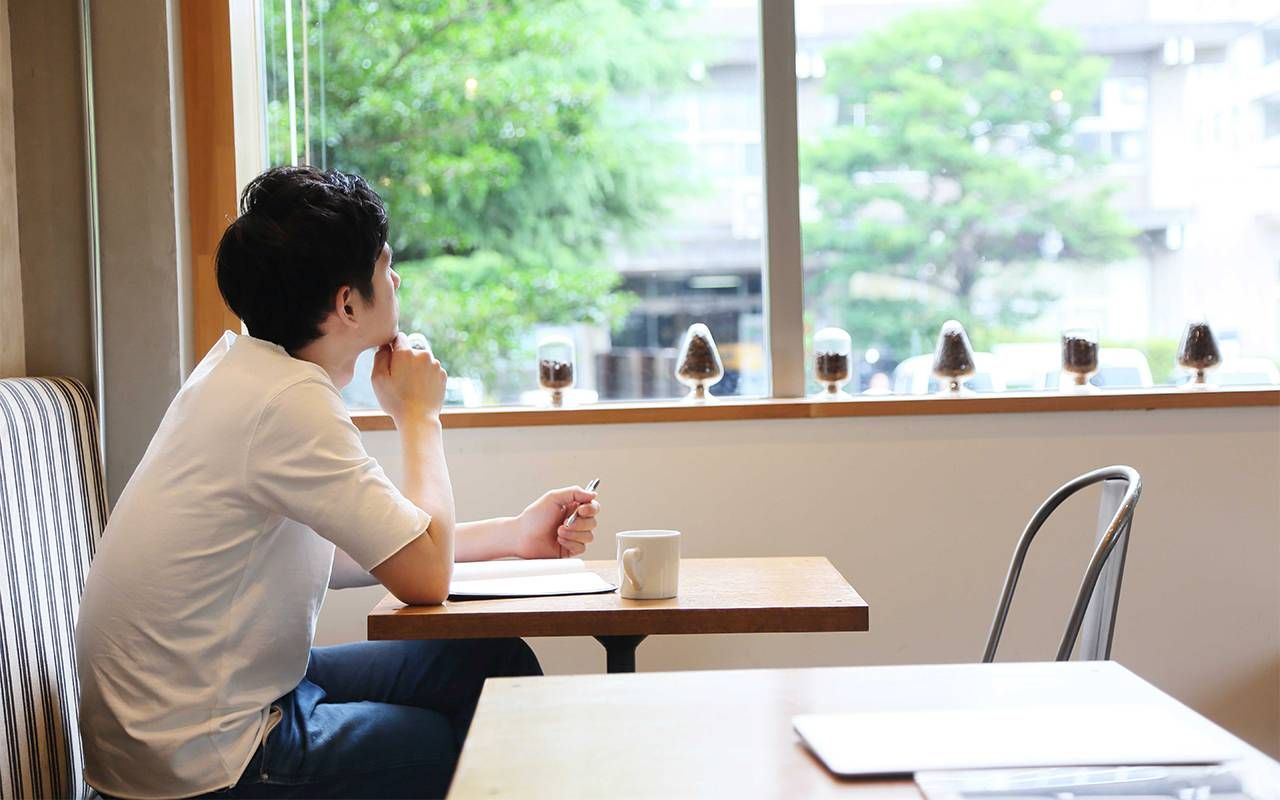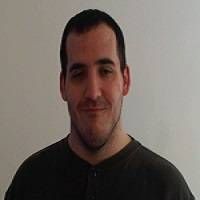Being a Caregiver While Facing Homelessness
Finding stability and security for my mom and me is always my primary goal
As a journalist, one of the first lessons I was taught is never to become part of the story. You're taught go out and tell other stories designed to accurately report the events and goings-on of a community, country or the world at large.

I have been trying to perfect a delicate balancing act – figuring out my next professional steps in journalism and media, while knowing my mom and I are protected, and that she is healthy.
That was the attitude I had to keep as I tried to finalize journalism conference session proposals, find my next job and assess how I could network in a disjointed industry with economic and social quagmires.
However, my thoughts were fixed on something more dire. I wondered if my mom and I would have a place to live the next day, or if the next day would be the equivalent of a death sentence.
It wasn't the first time. For the last 4 years, I have been trying to perfect a delicate balancing act — figuring out my next professional steps in journalism and media, while knowing my mom and I are protected, and that she is healthy. But when I walked out of the Hennepin County Government Center in Minneapolis on the second day of 2019, having answered a summons to Housing Court, I called Mom to tell her the news that we were being evicted and had seven days to get out. We were only one month in arrears in rent.
While my thoughts were about how she was going to be okay, she told me to go to Starbucks. I didn't understand why she did, but I did it anyway.
I sat in that Starbucks off of the Nicollet Mall light rail stop close to tears. I blamed myself for everything that happened. We came to Minnesota in search of new opportunities, knowing Mom could work remotely from anywhere in the U.S., and I found myself inspired by the work ethic of Minnesotans and the work of many journalists in the Twin Cities.
So, the seven days came and went, and as we left, crossing into Wisconsin, on our way to stay in a hotel, all I could think about was how much of a failure I'd been, not just as a human being, but as my mother's son and caregiver.
I committed a cardinal sin — I let my mom down. I failed her. My mom, herself a journalism graduate from Arizona State University, who struggled to gain traction in the field, supported me as I tried to move forward. But now, I didn't know what I was going to do to fix things with the hand we were dealt.
My Mom's Ménière's Disease
Mom thought the opposite; she blamed herself, as she was adamant about not having the disease she's had since 1999 stop her from living. We both knew that uncertainty would lie ahead, and we needed to ask for help.
My mom has Ménière's Disease, a condition of the inner ear with symptoms that impact not just the ability to hear but also one's quality of life. Symptoms include tinnitus, vertigo, hearing loss and the feeling that the ear is full. Statistics from the National Institutes of Health indicate that approximately 615,000 people in the U.S. have Ménière's Disease and there are 45,500 newly diagnosed cases each year.
Stress exacerbates the condition, and the episodes worsened during the COVID-19 pandemic. Personal and professional lives became blurred, and the steep learning curve of adjusting to life with the virus was there for all to see. My mom and I had some stability thanks to the programs under the CARES Act, including the extended unemployment benefits, and extra support meant to help those whose lives were disrupted by COVID.
That allowed us some breathing room to seek more stability. I looked for roles in retail and customer service, as well as temp roles and jobs in journalism. The first rejections came immediately from the former, and though they did not specify why, the logic must have been around the Bachelor's Degree – that soon a better offer would come, and it would be a waste of resources to train and onboard us. Applications for journalism work were met with silence. Mom looked for remote roles, but to no avail.
Now, with public health emergency programs set to expire, combined with inflation, the questions front and center of people's minds are numerous. For my mom and I, we find ourselves back at square one, depressed, disconsolate and anxiety-ridden wondering if each day will be a chance to excel, or will be purely a reprieve from the challenges ahead.
The only thing you can do to untangle the web of uncertainty snarling your personal and professional life is to ask for help, knowing full well that things will be much, much worse if you don't.
Seeking Stability and Security
For the millennial caregivers across the U.S. (23% of caregivers are millennials, according to 2020 statistics from AARP), myself included, keeping body and soul together is not just imperative, but required. However, it is a task easier said than done, and the only thing you can do to untangle the web of uncertainty snarling your personal and professional life is to ask for help, knowing full well that things will be much, much worse if you don't.
However, asking for help is something that still presents a negative bias. People you considered friends now treat you as if you have a contagious disease, while support agency personnel get straight to the point and say you're not worth helping. One agency even suggested we travel to a different state to get on a housing waitlist, even though HUD Section 8 waitlists nationwide remain significantly backlogged.
You persevere anyway knowing there are still things needing to be done. I want my mom to be healthy and to make her proud, and she wants to see me be successful, Pulitzer Prize or not. Along the way, you find the people who do care, who root for you, who don't judge you, and are as eager as you are for a change in circumstances for the better. They, in a sense, become part of your family and help you persevere, even if the only thing you do tomorrow that is remotely productive is asking for help in finding what's next.
The other day, I asked mom why she sent me to Starbucks after I left Housing Court that afternoon in January. Her answer signaled something to me that I sometimes forget – I'm only human. She told me that I was in shock, and the caffeine and sugar would help me focus and take a step back from the situation.
"The five dollars you spent would not have made a long term difference," she said.
Our fellow human beings play a big role in ensuring we can be at our best. Even as the country and the world around me changes, all I want are humanistic things — I want stability and security, for my mom to be okay and her Ménière's episodes to decrease rather than increase, for us to be in a clean and safe place, and to help us get to where we are supposed to be, personally and professionally.
Ultimately, I want to be in a position to better support my fellow human beings, just as those who cared stepped up to support me with no questions and no judgment.
Is that too much to ask?
Editor’s note: This story was supported by the journalism nonprofit Economic Hardship Reporting Project.


